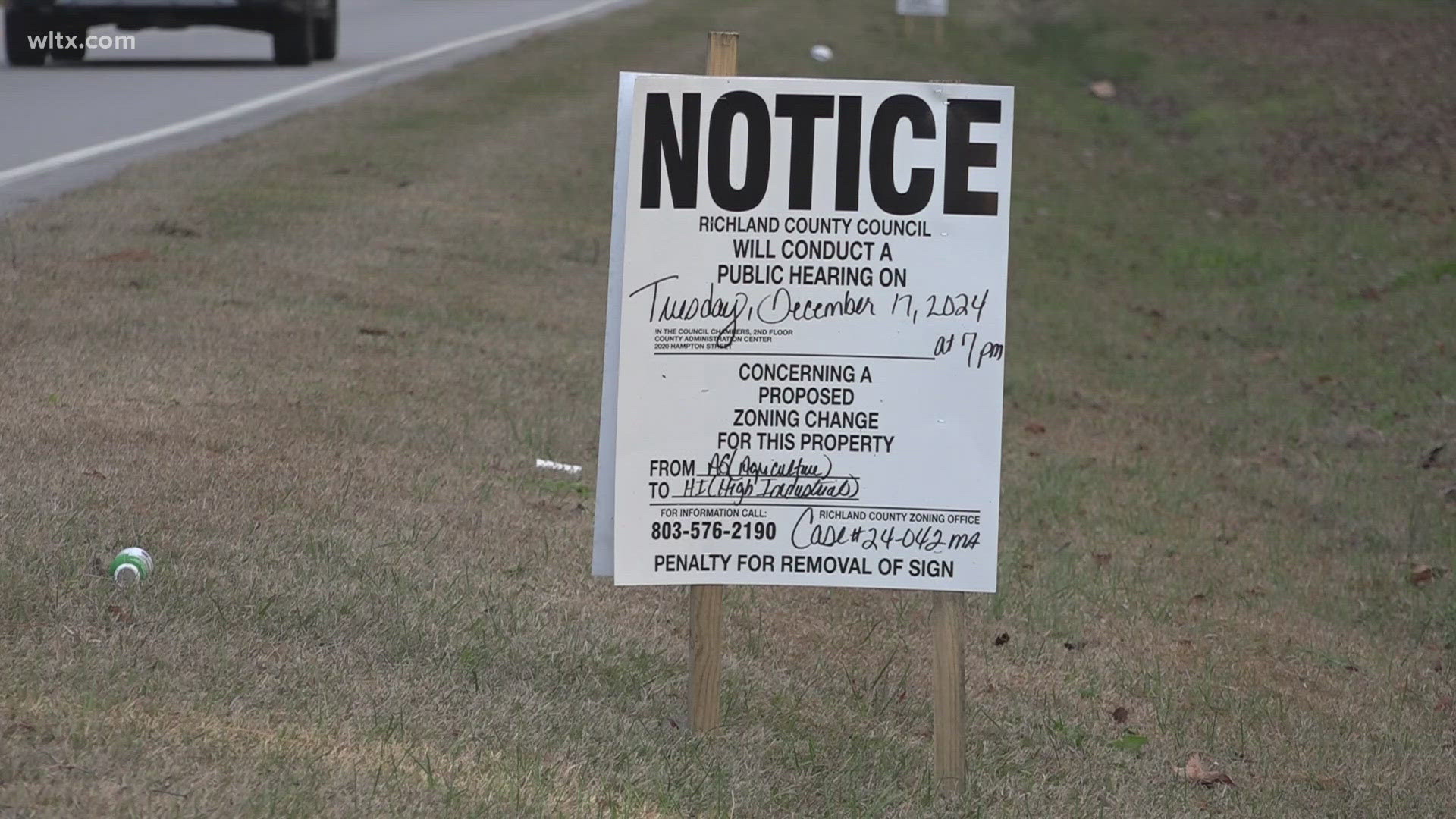![rsz_dss_sign [ID=15356735]](http://moc-assets-prod.gannett-cdn.com/-mm-/a9504bd23c6952d902dfb3cc189a32ea2456a151/r=500x334/local/-/media/WLTX/WLTX/2014/09/09/1410302187000-rsz_dss_sign.jpg)
Columbia, SC (WLTX) After months of questions, a state Senate investigation, and its director's resignation, the South Carolina Department of Social Services is announcing some major changes aimed at better protecting children and improving services.
One of the biggest concerns at the agency has been the caseloads that many of its workers are handling, with some having caseloads of more than 100. There's no universally accepted standard for how many cases one worker should handle because it depends on things like the type of case and what stage in the process each case is in. But the Child Welfare League of America recommends that caseworkers handle no more than 12 cases that involve investigations, 17 cases of family preservation, or 12 to 15 foster care cases.
To lower caseloads, DSS will ask state lawmakers for additional money in its budget next year to hire 202 more people, including 109 child welfare caseworkers, 79 child welfare supervisors, 12 second shift caseworkers and 2 second shift supervisors.
But that still needs legislative approval, and next year's budget doesn't take effect until July 1, 2015. To lower caseloads before that, DSS will start allowing cases to be shared across county lines.
Acting DSS director Amber Gillum says, "Let's say County A has fewer caseloads, maybe more people, more capacity. County B is a larger county that may be a little overwhelmed. Are there some cases in County B that County A workers can manage, to even it out a little bit?"
DSS is also looking for ways to improve its processes and paperwork, looking for where bottlenecks and backlogs happen within the system to find ways to speed things up.
It's also looking at ways to keep its best workers, including pay raises and creating new career options, so the people who do the best work with clients keep doing that instead of getting promoted to positions in which they're supervising others.
Jessica Hanak-Coulter, deputy director for human resources at DSS, says, "Identifying lead workers as a career-ladder path, so those practitioners who are great practitioners, and we need them to stay practitioners, how might we reward them for good work and also have them model, mentor, and teach other workers?"
The agency is also asking for feedback from its caseworkers about what the agency can do to help them. Would it help the workers, and the agency, for DSS to pay for additional college courses? DSS is already looking at creating a new position and hiring assistant caseworkers, people who can handle administrative duties so caseworkers have more time to spend with children and families.
The agency has already taken the step of hiring a new liaison to coordinate efforts between DSS and law enforcement. In July, it hired Jackie Swindler, a 37-year law enforcement veteran who's the former Chief of Police for the City of Newberry. There have been cases when law enforcement is looking for parents at the same time that DSS is looking for the children or a child of those same parents, but DSS and law enforcement haven't coordinated their efforts. This new liaison position will do that.
DSS will also publish on its website all of the information about children who die of abuse and neglect.
Gillum says, "The most important thing is looking at what happened, looking at the system, identifying areas that we can improve upon if needed to make sure that we're doing everything we can to prevent it from happening again."


